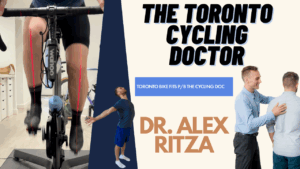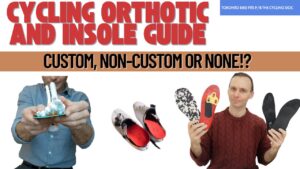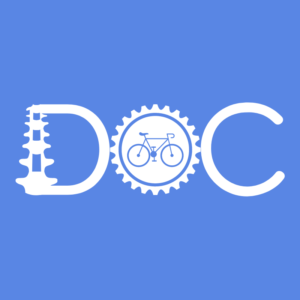Back Pain Relief While Driving & Flying | Dr Alex Ritza Yorkville Chiropractor
Addressing back and neck pain with travel comes hand-in-hand with the holiday season with so many of our patients travelling near (car) and far (plane)
Pain when driving or riding in a plane can reflect one of three scenarios
- There is an underlying problem with your back that needs to be assessed
- There is too much repetitive strain on your spine and the symptom (pain!) you are getting is trying to tell you to move
- Some combination of 1) and 2)
If you follow the tenets of this post and still have pain then it is likely time to get checked!
However, if you are able to change your movement and behaviour to minimize the STATIC repetitive strain that sets in with long car and plane rides then you should get some relief and notice an improvement in your travel quality!
The changes I am going to recommend are all about minimizing and redistributing the strain your spine, muscles, joints and nerves sustain when cramped into a car or plane seat making it very difficult to give those body parts the movement they crave.
Remember, we evolved to be healthiest when we are moving! We are hunters and gathers by nature.
How To Relieve Back Pain With Travel
The key tenets I tell my patients are the same as the key to good ergonomics
- MOVE FREQUENTLY – every 20 minutes at least!
- OBSERVE GOOD POSTURE and ERGONOMICS
The video above will show you how to move precisely if this description doesn’t make sense.
Every 20 minutes you should be doing pelvic tilts, seated cat-camels (while driving safely, please), Hoola-hoops with your pelvis, bending the body and neck side-to-side or physically getting out of your seat for a second by planting your feet on the ground. The latter is not recommended if you are the driver…. obviously.
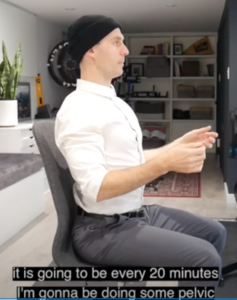
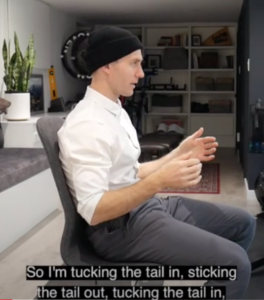
The goal is to move as many joints in your spine as you can through as full of a range of motion as you can! The movement will metaphorically (and literally) lubricate your joints, minimize repetitive strain from building up in the tissues and stop fluid and swelling from accumulating.
Good posture means that the entirety of your spine is touching and being supported by the chair. If there is a gap between the chair and your spine it will often require muscular activation to support that part of the spine that is unsupported by your seat. Fill that space by either adjusting your chair or filling that space with a back support, pillow, or folded/rolled-up towel.
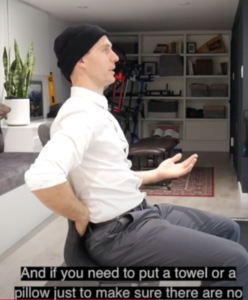
As always, your ear should be stacked over your shoulder to stop your head from hanging forward like a heavy sledgehammer; putting exponential amounts of weight on your spine.



